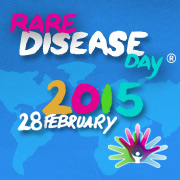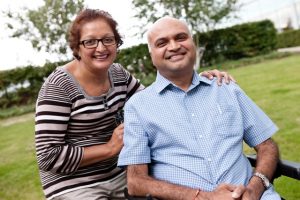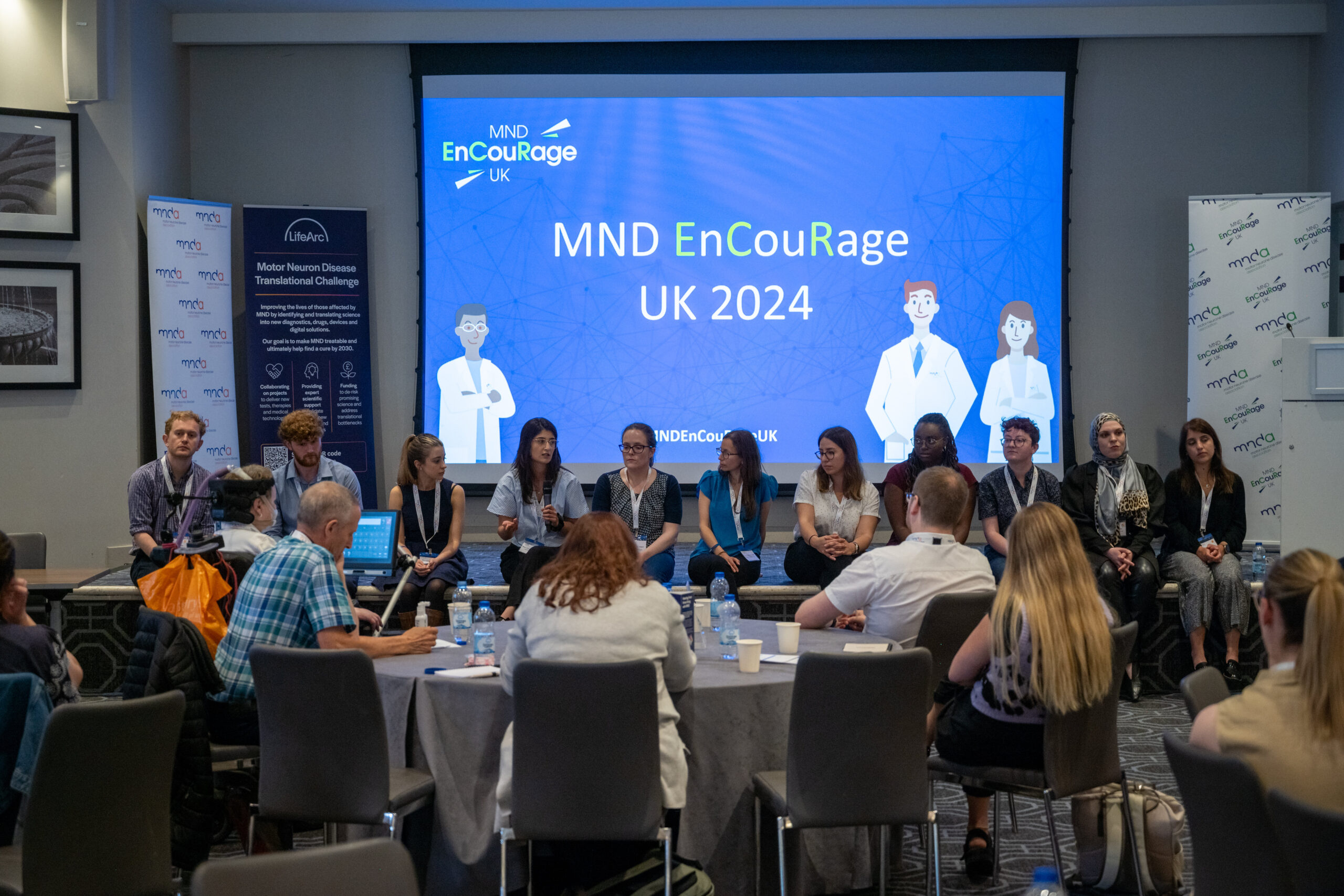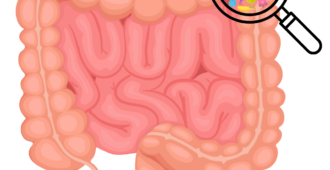Today is world Rare Disease Day, so it’s an appropriate time to raise awareness of ALL rare diseases, including motor neurone disease.
 There are between 6,000 and 8,000 rare diseases, but what makes a ‘rare disease’? A rare disease is defined by the European Union as one that affects less than 5 in 10,000 of the general population (or where less than 5 people in every 10,000 are currently living with a condition).
There are between 6,000 and 8,000 rare diseases, but what makes a ‘rare disease’? A rare disease is defined by the European Union as one that affects less than 5 in 10,000 of the general population (or where less than 5 people in every 10,000 are currently living with a condition).
MND easily fits this category – with a prevalence of between 5-7 people living with MND for every 100,000 people in the population – its ten times rarer than this definition.
Each rare disease will have different symptoms, causes and impacts on daily lives for those with the condition and their families and carers. But those fighting to understand rare diseases, campaign for appropriate and timely care and increase awareness – the challenges are similar.
In numbers compiled by Rare Disease UK (more numbers, sorry.. ) if you counted all the rare diseases together, the people they affect make up 1 in 17 of the population. So today is a day to raise awareness of them and the army of people working to improve things for everyone.
The aims of the UK Strategy for Rare Disease illustrate the way that the Association and Rare Disease UK can (and do) work together: both organisations would like to see access to and better specialised services, both are working towards earlier diagnosis etc.
Patient organisations and charities make up the biggest proportion of the membership of Rare Disease UK, but it also includes professional organisations and industry. Some of these industry members have interest and expertise in the underlying causes of specific rare diseases. For bigger companies, developing treatments for rare diseases is part of their business –its reassuring to know that we are on their radar.
This, together with the Neurodegeneration Medicines Acceleration Programme launched in November, shows that there’s real hope that, as we learn more about the causes of MND and possible treatments for it, there are options for moving them forward to the clinic.
As Mahendra Parmar was interviewed for today’s Independent newspaper supplement on rare diseases, talking about living with MND, I’ve given him the last word:
“My message to anybody diagnosed with MND or any other rare disease, is make the best of what you got. It’s not about what you can’t do it’s about what you can do. Don’t lose hope.”





